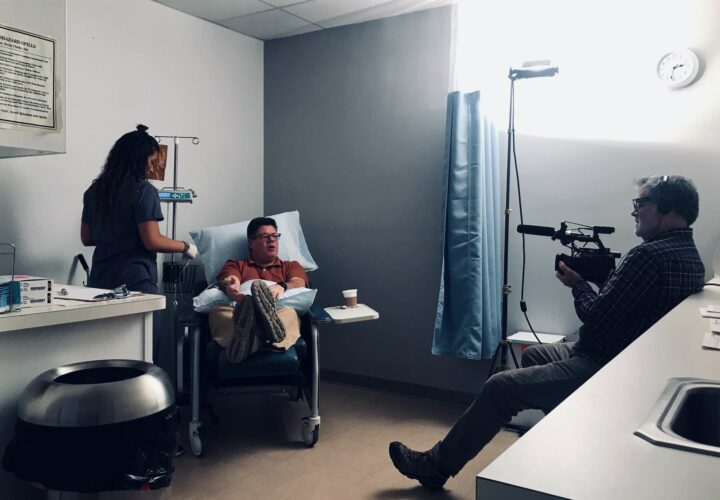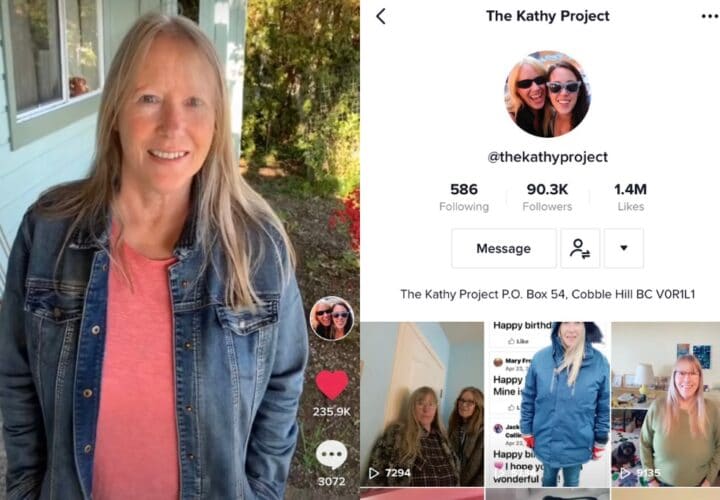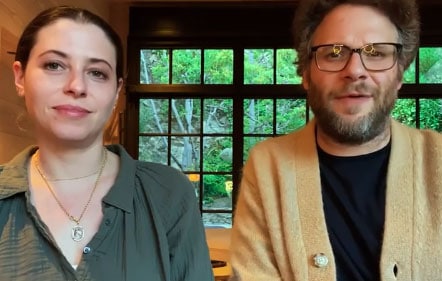Anthony Hopkins plays an 80-year-old man with dementia in
Florian Zeller’s new film ‘The Father.” (Image: Sean Gleason / Sony Pictures Classics)
In a recent New Yorker interview, Anthony Hopkins discusses playing a man with dementia in his new movie, The Father.
In the new Sony Pictures Classics movie The Father, based on Florian Zeller’s award-winning stage play, Anthony Hopkins (The Silence of the Lambs, The Two Popes) plays a character that French writer and director Zeller wrote specifically for him: Hopkins stars as a man navigating dementia, coping with denial, and slowing losing control. Academy Award-winning Olivia Colman (The Crown, The Favorite) plays his daughter, suddenly his caretaker, struggling to manage his symptoms.
Critics far and wide are declaring the performances award-worthy, but perhaps the most remarkable thing about The Father is the way Zeller and Christopher Hampton, who adapted the screenplay, wrench the audience about in a shifting and blurring reality, in order to experience the confusion, loss and often-closely-held pain of dementia alongside Hopkins in real time. Scenes bleed together. Characters disappear mid-sentence. In one such instance, Coleman’s character arrives to her father’s apartment, suddenly played by an entirely different actress (Olivia Williams) — an effect disorienting and poignant.
Zeller has said his goal is to convey the disease’s “pure and brutal emotions.” In its unique approach, it is resonating with families who have grappled with the disease in real life in a way films that have dealt with this difficult subject matter before it do not.
New Yorker staff writer Michael Schulman called Hopkins’s performance one of his finest, “by turns wrathful and befuddled, helpless and defiant,” and the film itself “a kind of labyrinth that plunges the viewer inside the father’s scrambled consciousness.” Schulman recently interviewed the octogenarian film and stage star about a number of things, dementia included. Here are some moments of that conversation that, for us, really stood out:
On understanding how and what it feels like to have dementia:
Anthony Hopkins: I’ve never experienced dementia in my own family. My father died of heart disease. My mother died of old age, actually, at eighty-nine. I’d only witnessed one moment of dementia, in a friend’s father-in-law. The family around him had to cope, had to be patient. They would try to answer his questions. They wouldn’t try to contradict him. He thought the Pacific Ocean was the Hudson River, and he thought his daughter was his wife. And I watched them saying, “It’s O.K., Pop.” They’d feed him television suppers, and he died very peacefully.
“Because I’m 83, I’m closer to that age, that
dangerous age when it could happen. I hope to
God it doesn’t. That’s why I play the piano and
paint and learn poetry.”
But, to get to a simpler answer: if you follow a superb screenplay, the language is a road map, and so you don’t have to act. I remember the first day with Olivia Colman, our first scene together, she comes into the room and says, “What’s going on? What happened?”—about the woman I fired. I say, “What do you mean, ‘What happened’?” So those lines, obviously they mean irritation or irascibility. And then you work with someone like Olivia, and it makes it so easy. Acting’s not required. And I think, because I’m eighty-three, I’m closer to that age, that dangerous age when it could happen. I hope to God it doesn’t. That’s why I play the piano and paint and learn poetry.
On whether Hopkins developed any particular technique to act through the film’s innovative and artful approach to carrying the audience with the character through his experience of dementia, in all its disturbing disorientation:
Anthony Hopkins: No. It appears in the moment when it happens. I go to the door, and another woman walks in. [Blanches with disbelief.] That’s all you need to do. The only thing I designed within my own head was: Get over it fast. “Ah, you’ve got chicken?” Disguise it somehow, and smile.
On playing a man who is desperate to keep control as his mind slips away:
Anthony Hopkins: … As I said, with Christopher Hampton, who adapted Florian’s play for the screenplay, it is a road map. Florian told me when we met, “The [character’s] name is Anthony.” He said he wrote it for me. And he put my actual birth date in. There’s a scene in the office with the doctor, where she says, “Date of birth?” I say, “Friday, the 31st of December, 1937.” As a little bit of character, I said, “Can I add ‘Friday’? Because I know the date.” I wanted to show the doctor, “I’m in perfect control. There’s nothing wrong with me. Friday. You got a problem with that?” That is a man who is in control—but, of course, he’s not. He’s been used to control all his life. He was an engineer, an exacting profession, with two daughters. His favorite has sadly been killed in a car crash, we assume. And he’s a bit of a tyrant. He’s not a bad man, he’s just been a tough old father, impatient and irascible, and now finally he’s losing control of it all. In the last scene, he says, “I’m losing all my leaves. Everything’s falling away.” And that must be a devastating tragedy.
On working with Olivia Coleman as she plays the caregiver to her aging parent:
Anthony Hopkins: My father had a heart attack on Christmas, 1979. I was in London doing “The Elephant Man.” But he survived another year. He lingered on and he deteriorated. Round about the spring, he started losing his body. I would go to visit him in the hospital, and he was beginning to become comatose. He was becoming irascible as well, impatient—with me especially, because I was his only offspring. I used to sit with him and make him promises. You know, you make these empty promises: “When you get out of here, I’ll drive you from New York to Los Angeles.” Because he loved America; he wanted to travel. I went in there a few days later, and he had an old road map of America, and he was sitting on the side of his bed and looking at this road map. I knew he would never make it.
The morning after he died, I went in to collect his things, and I saw his bed already occupied by the next patient. I thought, That’s it. Life goes on. He’s gone. And I got his reading glasses, his pen, his map, his book, and I sat in the car and thought, God Almighty.
Visit The New Yorker to read the full interview. Beyond Anthony Hopkins’ dementia-focused feature, Hopkins discusses King Lear, anger, 45 years of sobriety, and why he didn’t become a baker.




